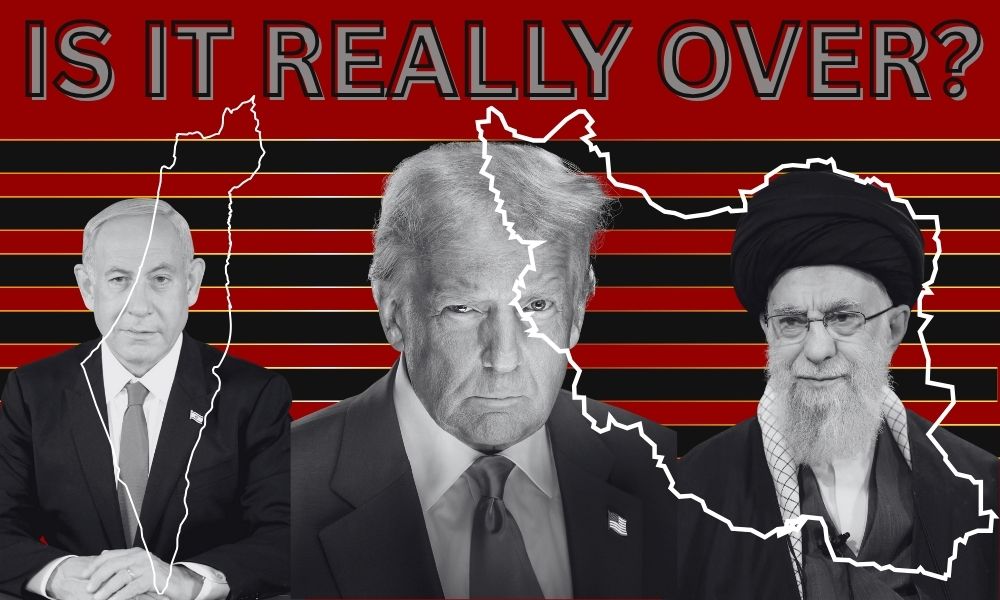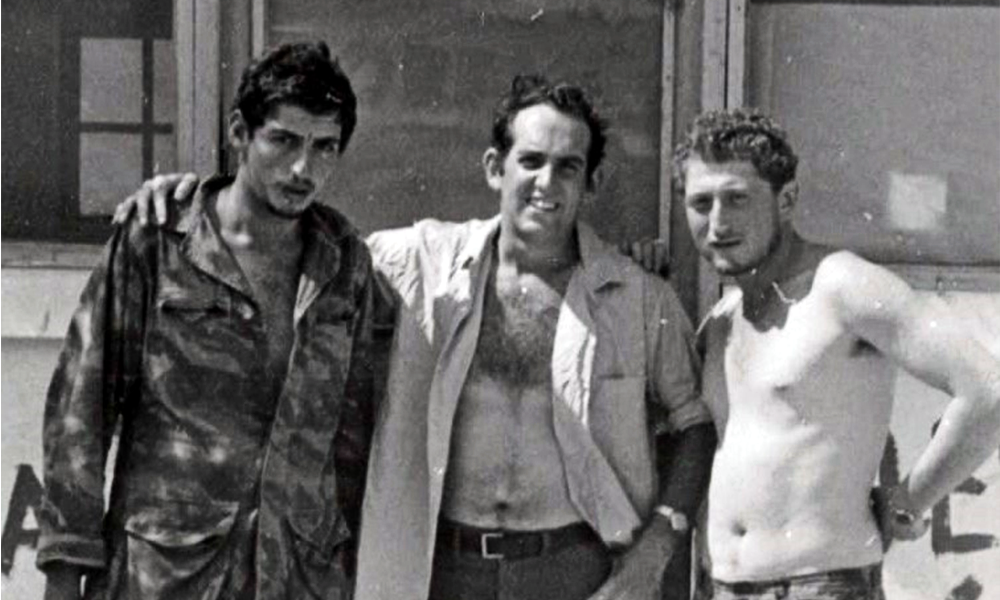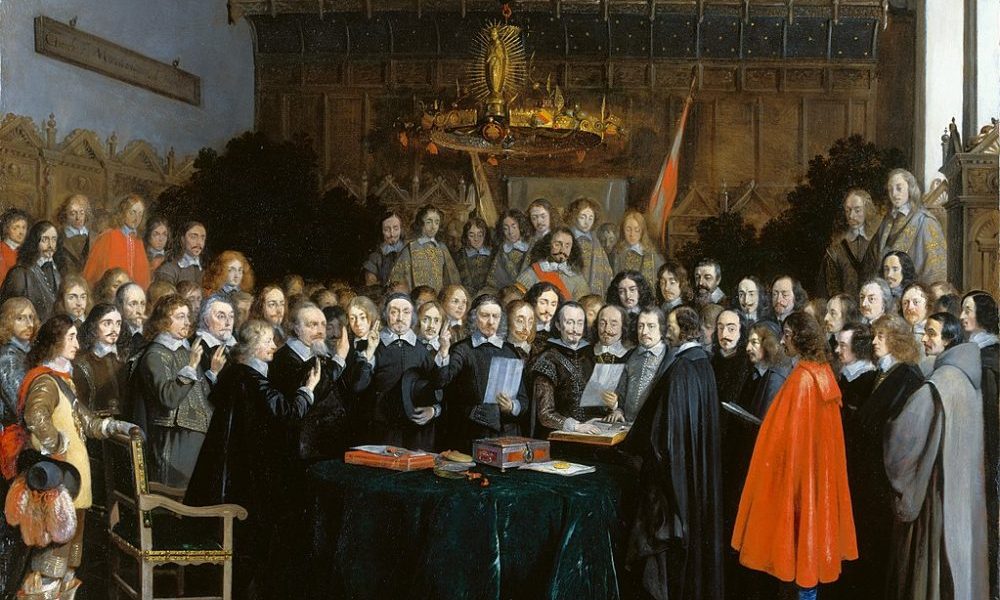The Israel-Hezbollah Showdown: Key Takeaways
With organizations like Hamas and Hezbollah, that are political organizations but also undertake terror activities, it’s hard to kill an idea. But there are ways to make an idea less relevant, less potent.
More Than Half a Century Later, Remembering Two Fallen Comrades
n the weeks immediately following the 1967 Six-Day War, I was part of a contingent of international civilian volunteers—mostly Jews—sent from Jerusalem to El Arish, in northern Sinai. It was a mission that marked my life indelibly, and left me with a debt it has taken more than half a century to repay.
The Thirty Years’ War’s Legacy for Religious Pluralism
The legacy of this half-forgotten conflict is an important one for those who care about religious freedom and religious pluralism today.
The Week Before the Six-Day War
I arrived in Jerusalem as a reporter five days before the war. When I asked directions in English of a woman on the street near the King David Hotel, she looked at me sharply and said, “Haven’t you gone home yet?” When I said I had just arrived, she nodded and pointed out my destination. The King David itself, I would learn, had gone overnight from 86 percent occupancy to one percent.
Memories of the Six-Day War—Fifty Years Later
I sat in front of our black-and-white 19-inch TV watching the progress of the war, my heart in my mouth the whole time.
How the Six-Day War Veterans Felt: Revisiting ‘Soldiers’ Talk’
The candidness and emotional vulnerability of Israeli soldiers is of such renown today that there’s even a pejorative for it: yorim ve'bochim, shooting and crying.
Why Susan Sontag and Bernard-Henri Lévy Spoke Out in Bosnia
Into the hell of Bosnia entered Susan Sontag. It was July 1993, her second visit, and she was in Sarajevo to direct a production of Waiting for Godot.
The Best Books on World War I
On the anniversary of the United States' entrance into the war, here are some of the books marking the beginnings, the events of the Great War itself and some books on special areas of interest.
A Jewish Timeline of World War I
April 6, 1917 is the official date for America’s entry into World War I, and over the next 19 months, some 250,000 Jews served in the American armed forces. Through this timeline, explore some of their stories.
‘They Are Enlisting Our Girls’: The Cost of Israel’s Culture Wars
Rabbi Yigal Levenstein's crude, misogynist, hate-filled statements about religious women serving in the Israel Defense Forces, leave little doubt as to what he thinks about women in the army and about Israeli society in general.











